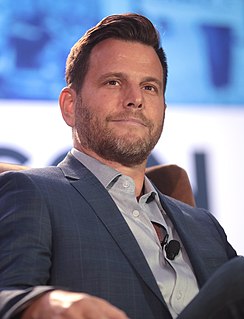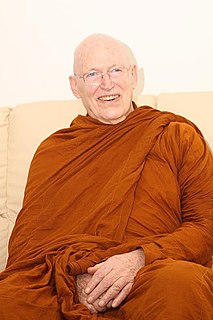A Quote by Robert Jackson Bennett
I learned very early on not to speak to my folk from on high, but to get down with them, beside them, showing them how to act rather than telling them. And I suggested that they should do the same with one another: that they didn't need a book of rules to tell them what to do and what not to do, but experience and action.
Related Quotes
With the artists, I don't teach, I coach. I can't tell them how to make art. I tell them to make more art. I tell them to get up early and stay up late. I tell them not to quit. I tell them if somebody else is already making their work. My job is to be current with the discourse and not be an asshole. That's all I wanted in a professor.
I learned early on that one of the secrets of campus leadership was the simplest thing of all: speak to people coming down the sidewalk before they speak to you. I would always look ahead and speak to the person coming toward me. If I knew them I would call them by name, but even if I didn't I would still speak to them.
I learned many lessons from my first race with my heroes. I learned it was easier to breathe when I cried, so I cried often and without shame. I learned that a teammate's faith in you can propel you up any mountain. I learned that winning requires an entirely different mind-set than not losing. I learned that the best teams in the world share not only their strengths but also their weaknesses. I learned that you don't inspire your teammates by showing them how amazing you are. You inspire them by showing them how amazing they are.
When you relate to thoughts obsessively, you are actually feeding them because thoughts need your attention to survive. Once you begin to pay attention to them and categorize them, then they become very powerful. You are feeding them energy because you are not seeing them as simple phenomena. If one tries to quiet them down, that is another way of feeding them.
Successful people maintain a positive focus in life no matter what is going on around them. They stay focused on their past successes rather than their past failures, and on the next action steps they need to take to get them closer to the fulfillment of their goals rather than all the other distractions that life presents to them.
It is the most powerful submission in the sport. It is a beautiful thing. You're holding them into you, their back is on you, and you are basically choking them gradually like a boa constrictor and once you've got them, the pressure goes on and they have to submit or they are going to stop breathing. It happened to me early in my career, and I panicked, and gave in, I tapped out too early. I learned a lot from that. I learned from it, learned how to do the move better, learned how to avoid it being done to me.
I learned early on that one of the secrets to campus leadership was the simplest thing of all: speak to people coming down the sidewalk before they speak to you. I did that in college. I did it when I carried my papers. I would always look ahead and speak to the person coming toward me. If I knew them, I would call them by name, but even if I didn't I would still speak to them. Before long, I probably knew more students than anybody in the university, and they recognized me and considered me their friend.
I have even learned to respond to someone crying by just listening. In the old days I used to reach for the tissues, until I realized that passing a person a tissue may be just another way to shut them down, to take them out of their experience of sadness and grief. Now I just listen. When they have cried all they need to cry, they find me there with them.





































